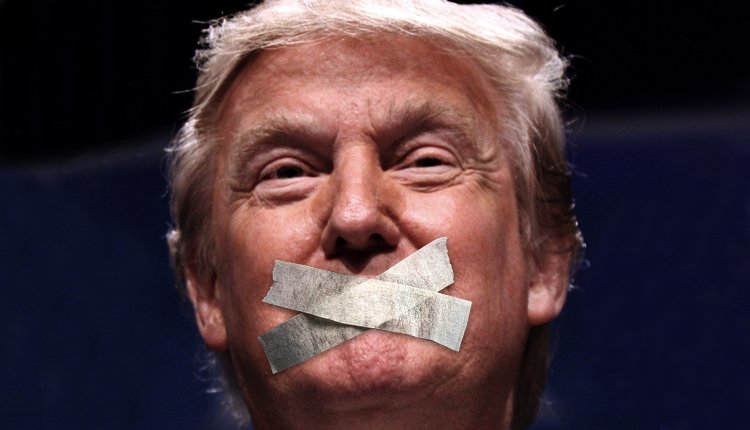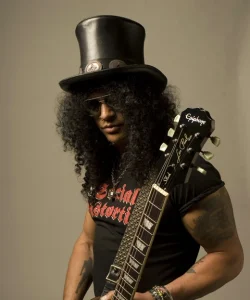With a mob of enthusiastic Trump supporters storming the U.S Capitol on 6 January resulting in us waving goodbye to Trump, not only from his position as President, but also his seat as ringleader of the supremacists and the mighty devoted Republicans on social media. What could potentially be the only repercussion Trump will face for his reign fuelled by demagoguery, his banishment from Facebook was followed by Twitter, Instagram, Snapchat, TikTok, Twitch, Discord and YouTube, to name a few, silencing the ex-president. Whether the consequences of Trump’s actions will lead to his conviction is another story that we will find the ending out to in time, but for the time being, the current tranquillity and silent relief across social feeds surfaces another issue which may not be as loud as inciting violence across the constitution, yet remains to have the same potential to impede democracy.
A Partisan Battle
Naturally, the internet’s infrastructure should remain neutral. Twitter’s founder Jack Dorsey being an on-record donor to Democratic Party candidates, has previously stated that political ideology does not influence how Twitter determines what is and is not appropriate behaviour on the platform[1]. Yet legally, private companies can enforce decisions such as banning influential figures as they please, even if they do risk falling into a partisan battle when making such bold decisions. Dorsey himself stated banning Trump sets a precedent he feels is dangerous: “the power an individual or corporation has over a part of the global public conversation".
In a series of tweets, the CEO said he feels “a ban is a failure of ours ultimately to promote healthy conversation", adding: "Having to take these actions fragment the public conversation. They divide us." And he is right. When there is no clear test to when speech should be banned, we fall at risk of being fed limited information, thoughts and propaganda. This lack of transparency, however, can lead us to fall victim of being muted ourselves. With no accountable executives in place to enforce congruous, uniform censorship on speech which has the capacity of inciting violence and hate, the tables could easily turn. As Democrats rejoiced over a partial cure of Trump’s verbal diarrhoea, there is nothing preventing them from being silenced tomorrow.
The Threat on Freedom of Speech
Angela Merkel expressed her distaste towards the Trump ban, stating private firms should not be determining speech rules. But then, who should it be? The government? If social media platforms had to adhere to laws on a country by country basis, regulation will reflect that jurisdiction’s position on hate speech and political dogma, somewhat lessening the impact of censorship on a global scale. However, the issue of freedom of speech arises – and, we question how much control can be implicated at a state by state level in an ever expanding globalised world.
That is not the main issue at hand here, however. Republicans in the past have argued that Facebook and Google are monopolies that seek to restrict conservative speech. In contrast, the left have previously complained that large social media platforms fostered Trump’s election in 2016. But what both sides can agree on, is that the government should actively regulate the moderation of social media platforms to attain fairness, balance, or other values[2]. But regulating companies in such a way can pose the risk of indirectly restricting individual speech or limiting a right to curate an internet platform and American law and culture, especially, restricts the government’s power to regulate speech (on the internet or otherwise) as reflected in the First Amendment. However, speech on social media directly tied to violence may be regulated by the government – anything else may be labelled as unconstitutional.
It seems like catch-22. Governmental control over social media proves risky, yet leaving it up to the companies themselves to enforce control on a case-by-case basis, clearly has its flaws.
Leaving it up to the individual companies still surfaces the issue of freedom of speech for users. With bigtech having millions of users that have become accustomed to their platforms to the point it is a major part of their daily routine, social media has almost become a public space, which, therefore, one would believe, should be held to the same speech protective standards. “The First Amendment constrains government power, so when private, non-governmental actors take steps to censor speech, those actions are not subject to constitutional constraints,” Andrew Geronimo, Director of the First Amendment Clinic at Case Western Reserve law school, told the Vox. So where bureaucratic control over these platforms unveils a more dictatorial government, it currently remains that private companies have the right to de-platform users, even if they have the obligation in terms of public accountability like any other business.
As Suzanne Nossell, CEO of Pen America stated when peaking to the Guardian: “While I believe the government should not be legislating what can and can’t be published on a platform like Twitter, we need far more robust protections for the public in terms of transparency: how these decisions are made, what the rules are, what the basis of adjudication is in an individual instance.”
It seems like catch-22. Governmental control over social media proves risky, yet leaving it up to the companies themselves to enforce control on a case-by-case basis, clearly has its flaws. Maybe we need a better balance of both to control the tech oligopolies with stronger governmental guidance. Perhaps users need to be more conscious and willing to accept that companies like Twitter and Facebook have a similar agenda: stopping the spread of fake news, hate speech and propaganda, because, as we have all witnessed, it leads to irreversible, catastrophic events.
[1] https://www.washingtonpost.com/technology/2018/08/19/twitter-ceo-jack-dorsey-admits-left-leaning-bias-says-it-doesnt-influence-company-policy/
[2] https://www.cato.org/publications/policy-analysis/why-government-should-not-regulate-content-moderation-social-media





















